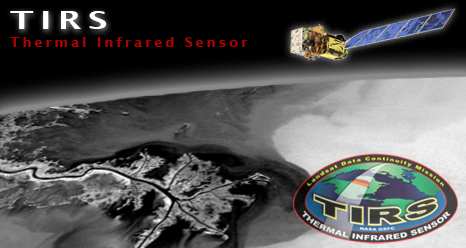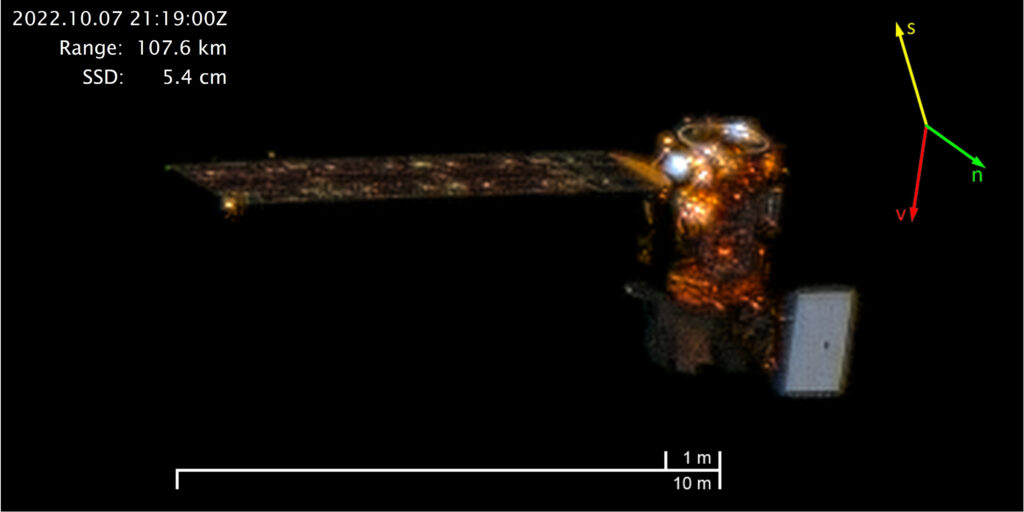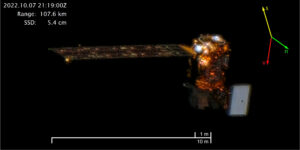
The Thermal Infrared Sensor (TIRS) measures land surface temperature in two thermal bands with a new technology that applies quantum physics to detect heat.
TIRS was added to the satellite mission when it became clear that state water resource managers rely on the highly accurate measurements of Earth’s thermal energy obtained by Landsat 8’s predecessors, Landsat 5 and Landsat 7, to track how land and water are being used. With nearly 80 percent of the fresh water in the Western U.S. being used to irrigate crops, TIRS is an invaluable tool for managing water consumption.
TIRS uses Quantum Well Infrared Photodetectors (QWIPs) to detect long wavelengths of light emitted by the Earth whose intensity depends on surface temperature. These wavelengths, called thermal infrared, are well beyond the range of human vision. QWIPs are a new, lower-cost alternative to conventional infrared technology and were developed at NASA’s Goddard Space Flight Center in Greenbelt, Md.
The QWIPs TIRS uses are sensitive to two thermal infrared wavelength bands, helping it separate the temperature of the Earth’s surface from that of the atmosphere. Their design operates on the complex principles of quantum mechanics. Gallium arsenide semiconductor chips trap electrons in an energy state ‘well’ until the electrons are elevated to a higher state by thermal infrared light of a certain wavelength. The elevated electrons create an electrical signal that can be read out and recorded to create a digital image.
Historical note: Stray light from far out-of-field has affected the Landsat 8 Thermal Infrared Sensor (TIRS) absolute calibration since launch. An algorithm to correct for this issue was developed and implemented into the processing system in February 2017. A hardware solution to this problem has been implemented for Landsat 9’s TIRS-2.
+ details
More about TIRS:
+ TIRS Requirements
+ TIRS Design
+ TIRS Relative Spectral Response






